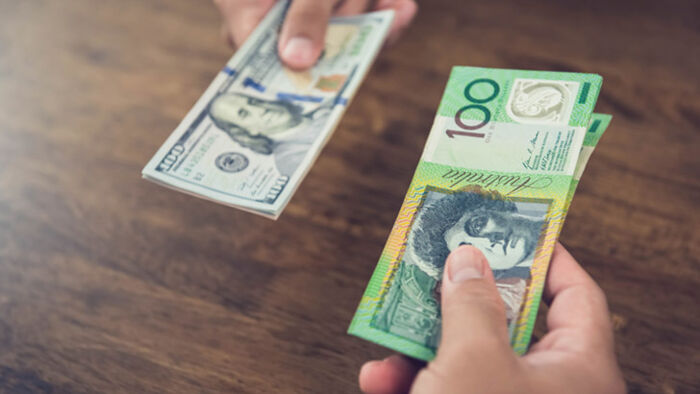Heading overseas? Here's how to buy foreign currency without paying a fortune in fees
The time has finally arrived - after almost two years of closed international borders, we will soon be welcoming global travellers, and in turn, venturing overseas to do some travelling of our own.
If you're among the Aussies gearing up to travel this year, it's important to make sure that your money is ready to travel too.
Foreign exchange (FX) - or converting currencies - is often a frantic last-minute consideration for many of us before travelling, but a little bit of planning can help your dollar travel that extra mile with you.
Getting the best deal can mean spending less money on fees and rates and more on holiday treats, so here are three tips for managing your next FX trade.
1. Know exactly what you're getting
There are often many layers of an FX transaction which can be difficult to unravel. For example, there will be different fees, exchange rates and transfer timings to consider for just one trade.
To keep things simple, look for an FX provider who offers a simple pricing structure (that is, a provider that offers the same fees) across all currencies and purchasing outlets.
This will help you compare apples with apples when searching for the best FX deal.
2. Monitor exchange rates
Exchange rates change on a daily - even hourly - basis so it's important to do your homework over the months prior to your departure.
The goal is to convert your money when the Aussie dollar is high against your destination's currency.
Some FX providers offer real-time exchange rates so that you can keep an eye on the best time to convert your money.
3. Keep an eye on fees
There are a number of fees that can be involved in a FX trade, such as processing, clearing and international transaction and/or transfer fees (or telegraphic transfer fees).
Look out for transparent and upfront pricing from your FX provider so you know the total cost of your transaction - and how much money you will be receiving. If your provider doesn't provide clear pricing, you may risk receiving less money in the new currency than what you had budgeted for.
Bonus tip: Think ahead!
If you're planning a holiday several months in advance, you can buy currencies in smaller amounts over time to average out the cost of conversion as exchange rates fluctuate.
Multi-currency transaction accounts are useful for this purpose and mean that you don't have to store physical cash at home for an extended period.
In short, we all love to treat ourselves while we're on holiday. By shopping around for the most competitive offer before you leave, you can make sure you're getting the best bang for your buck.
Get stories like this in our newsletters.



